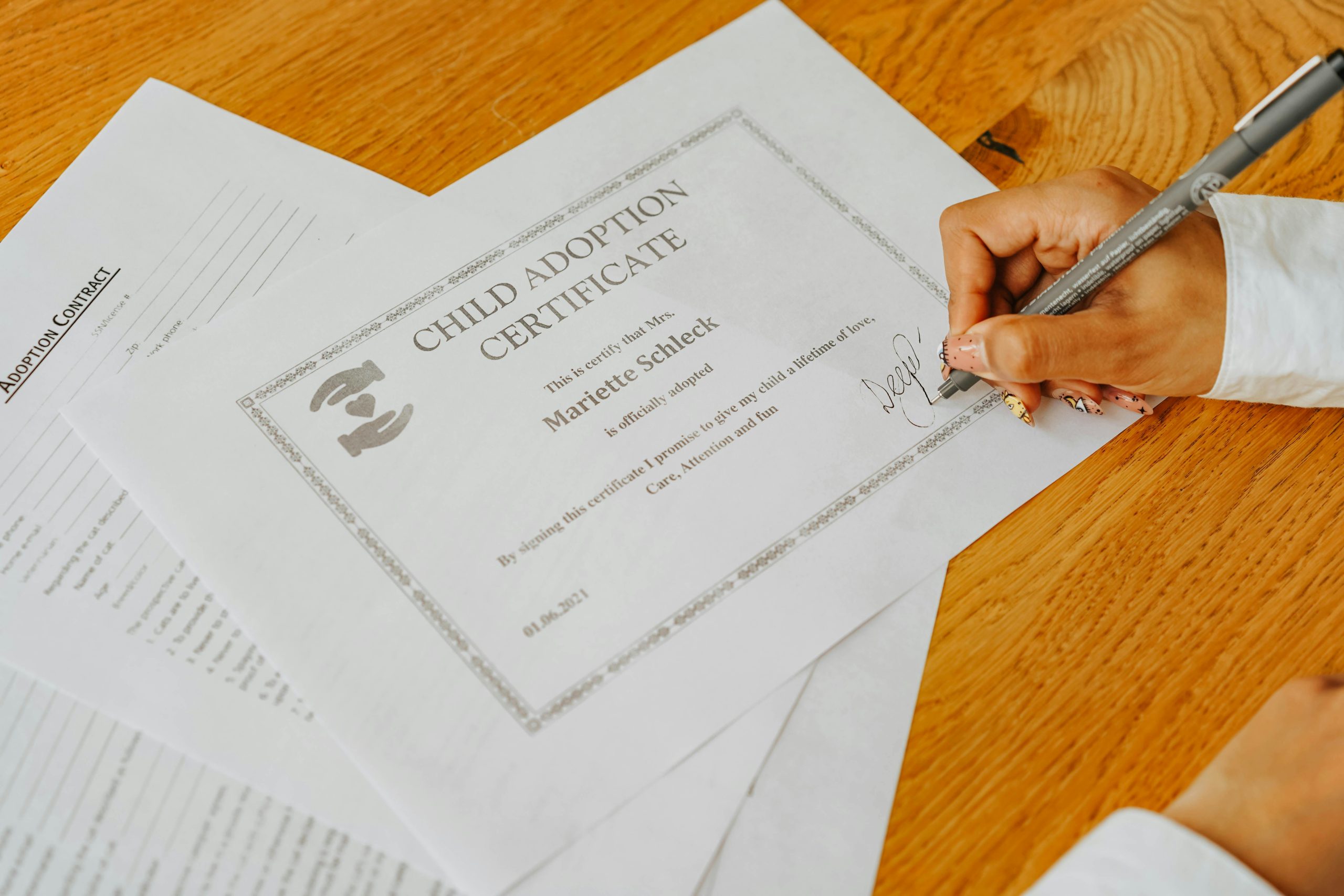I was in a minor, non-fault car accident with my brand new vehicle, and I’m unsure whether to file a claim or pay for the repairs myself. Last week, while I was stopped at a stop sign, a woman slid into the back of my 2025 Chev Traverse RS due to icy conditions. I purchased the car just three weeks ago for $70,000 CAD, and the damage consists of a noticeable paint scuff on the bumper and a small mark on the tailgate. I’ve received a couple of repair estimates, and the cost to fix the damage will be around $2,000.
I’m hesitant to have the accident reported on the title or Carfax, as I believe it could affect the vehicle’s resale value. The other party, driving a 2023 Hyundai Kona, suffered more significant damage and has an estimate of $5,000 to repair her vehicle, which she plans to handle through her insurance.
My question is: should I file a claim, knowing it might diminish the resale value of my car, or would it be better to pay out of pocket and move on? Additionally, if she files a claim, will the accident be noted on the vehicle’s title or Carfax regardless of my decision?
I really appreciate any advice, insights, or personal experiences you might have on this matter, as it’s been causing me quite a bit of stress. Thank you!




It sounds like you’re in a tough spot, and it’s understandable that you want to avoid having an accident recorded on your vehicle’s history. Here are some points to consider that might help you make your decision:
Impact on Resale Value: Generally, an accident claim can affect your car’s resale value, especially if it’s recorded on Carfax or similar reports. If you can pay out of pocket and have no claims history on your car, that can be beneficial in the long term if you plan to sell it.
Insurance Claim: If you choose to file a claim, there is a chance that the accident could still show up on your car’s history, even if you’re not at fault. Insurance companies sometimes report even no-fault accidents. However, not all accidents result in a title change, so it’s worth checking with your insurance provider about their policies.
Costs vs. Benefits: If paying $2,000 out of pocket feels manageable for you and you can avoid an insurance claim that might affect your premium and resale value, that might be the better route. However, if you have concerns about additional hidden costs or if the repairs could be more extensive than initially thought, filing a claim might provide more protection in the long run.
Consult Your Insurance: Before making a decision, consider reaching out to your insurance provider for advice. They can give you insight into how a claim might impact your policy and whether there’s a chance the accident will be logged on your vehicle’s history.
Future Premiums: Keep in mind that even if you’re not at fault, a claim might lead to higher premiums in the future. Weigh the immediate cost of repairs against potential long-term increases in insurance costs.
Ultimately, if you can comfortably pay for the repairs and want to keep your car’s record clean, it might be worth it to handle the repairs out of pocket. However, if you’re concerned about unforeseen costs or need peace of mind, filing a claim could be a safer route—just know that it may come with its own repercussions. Good luck, and hope you can find a resolution that works for you!